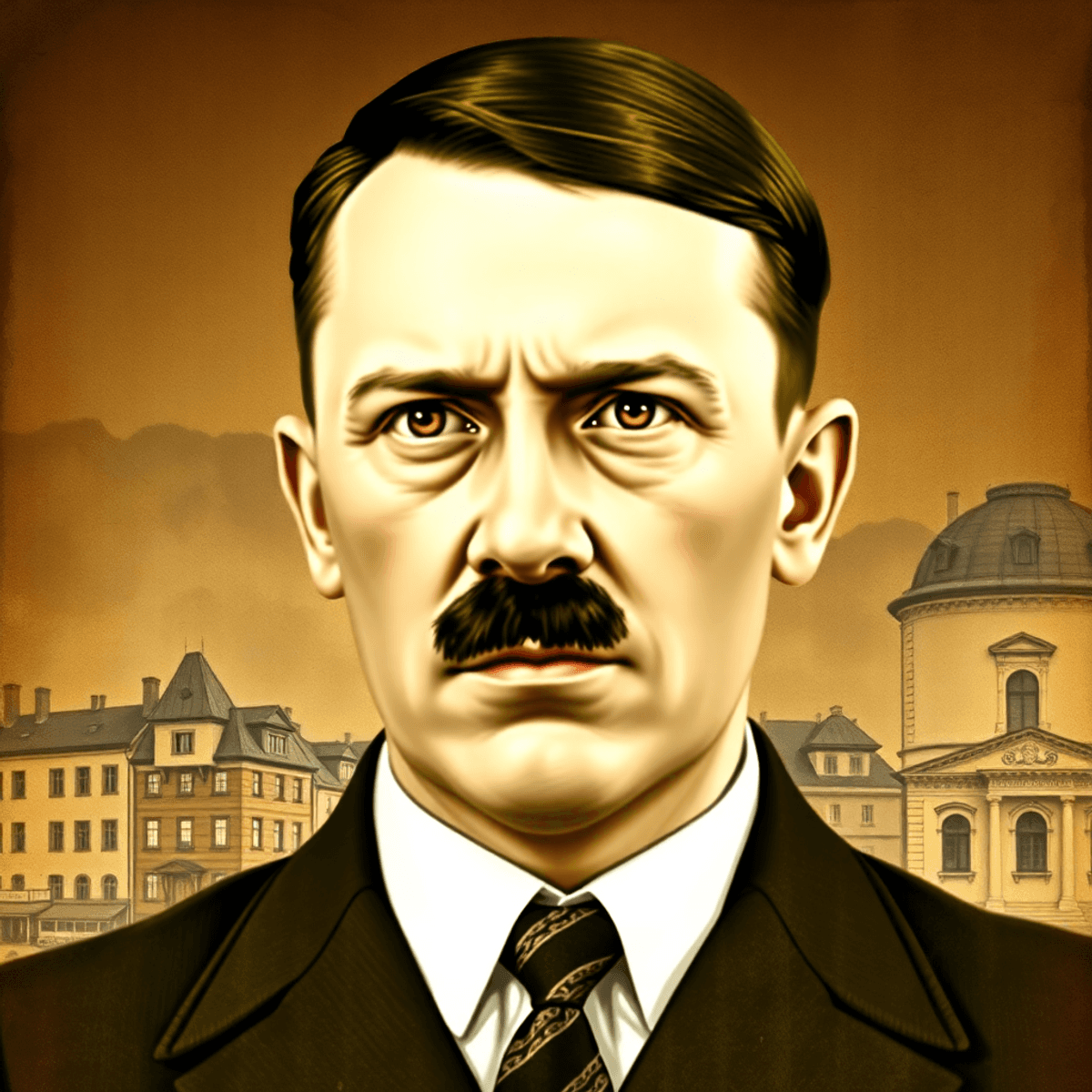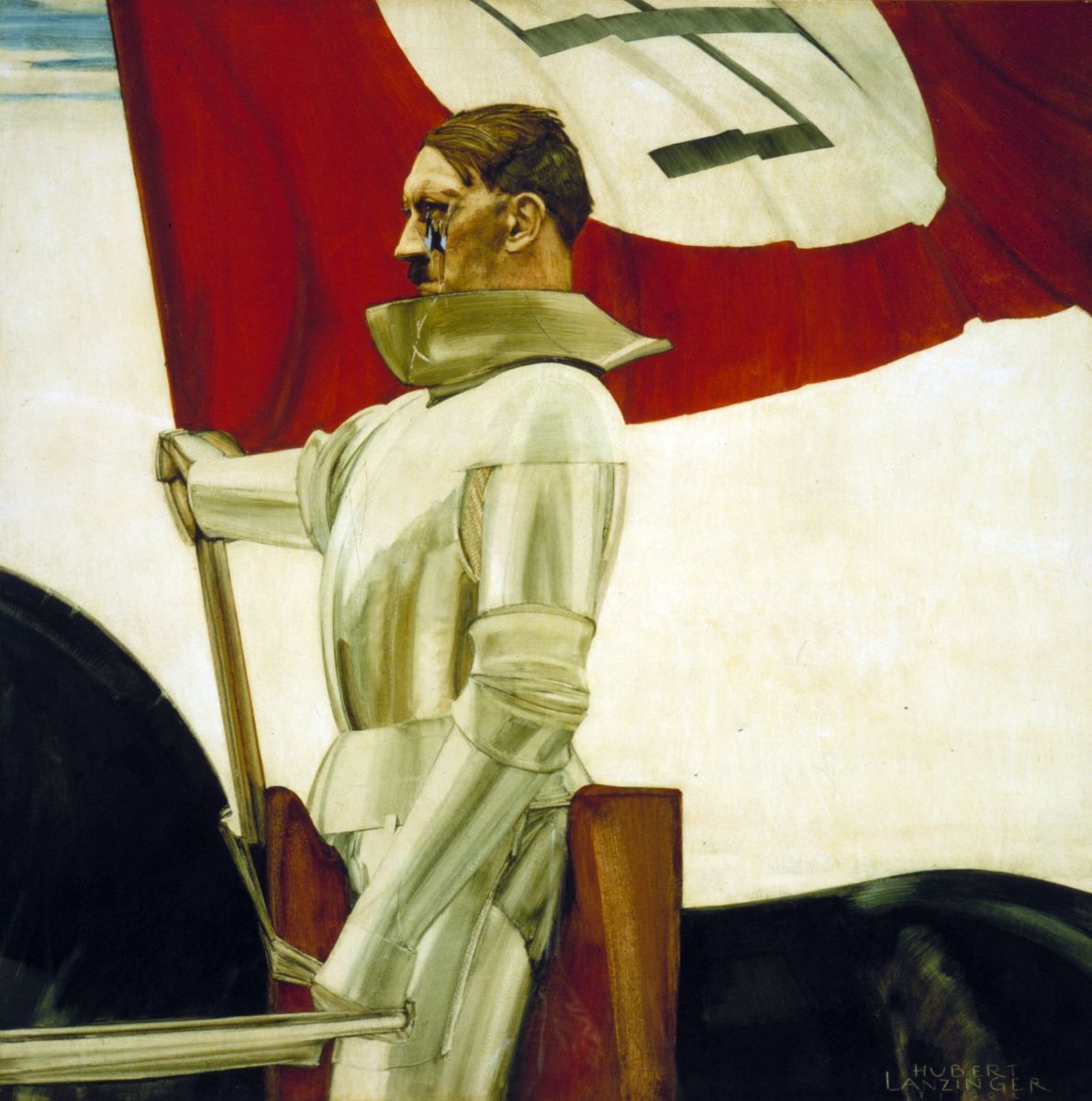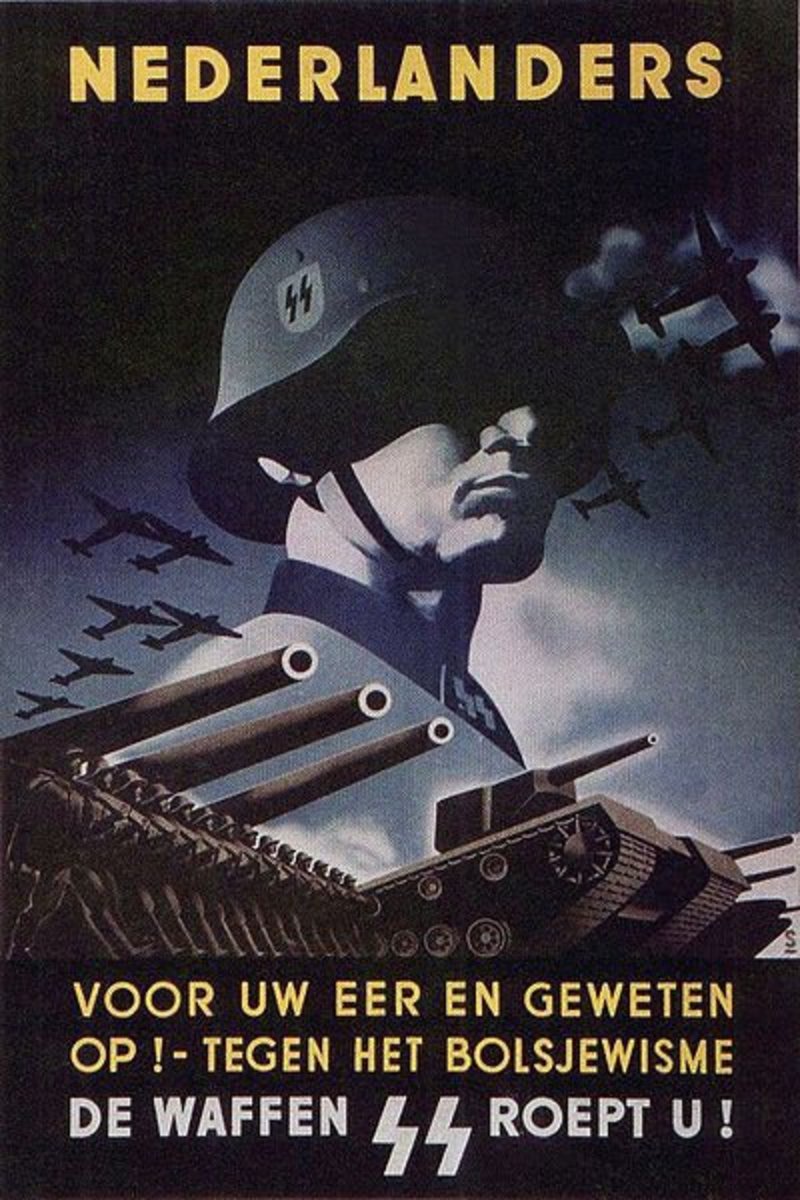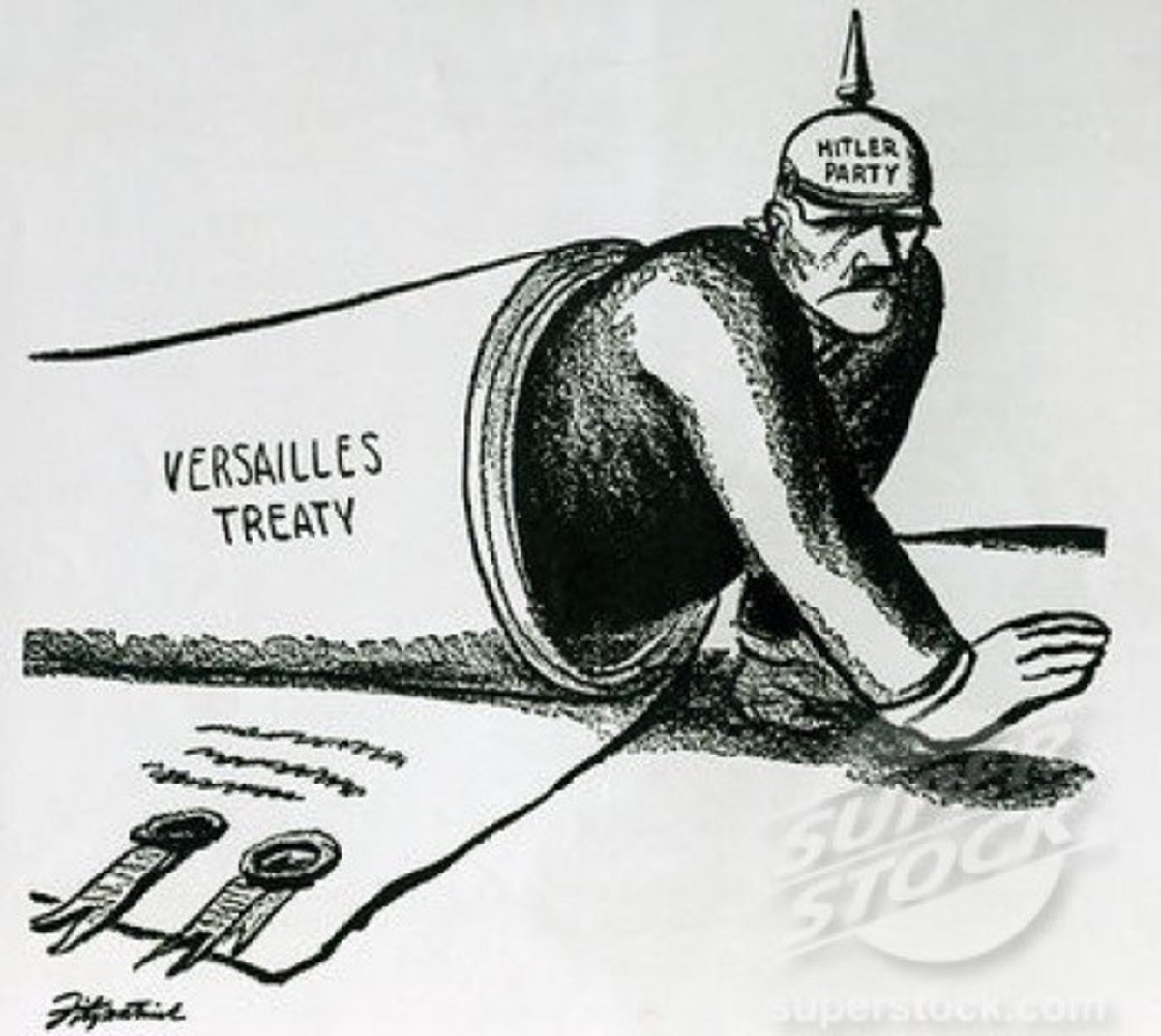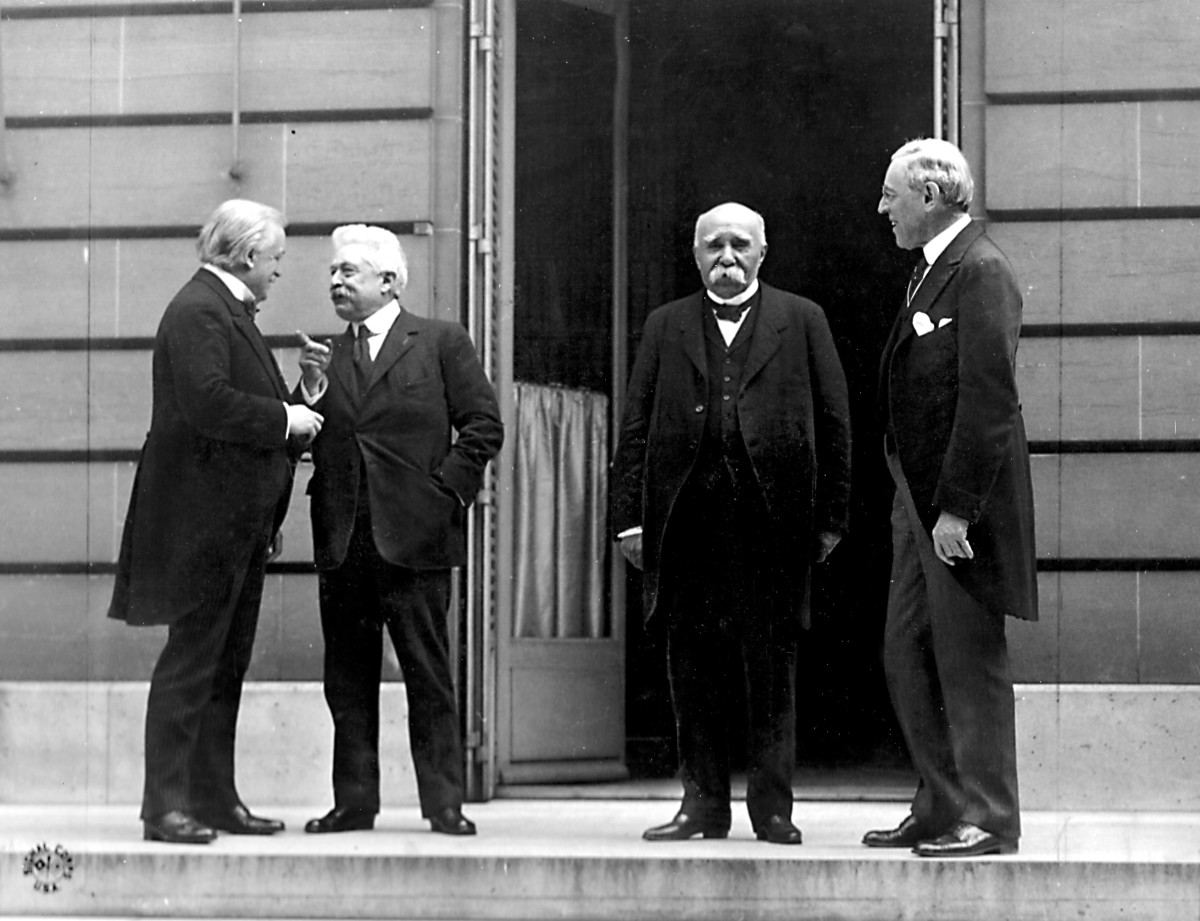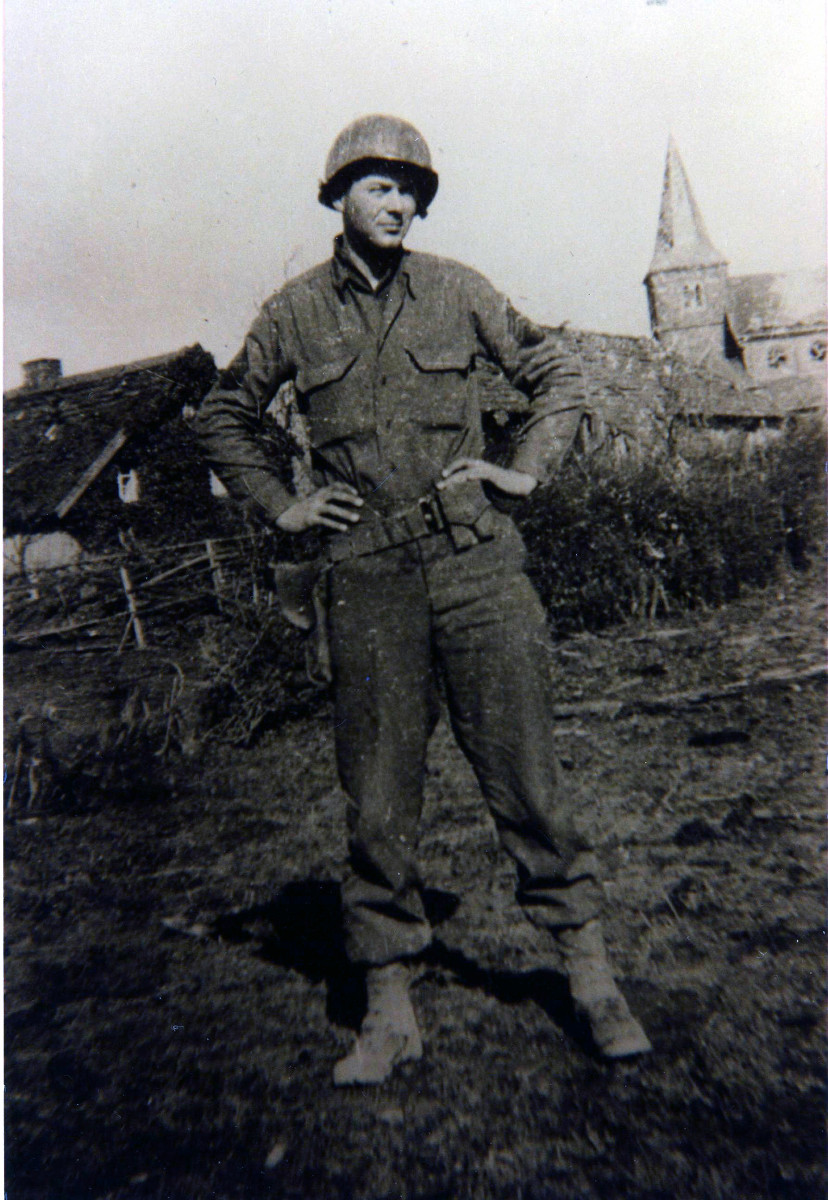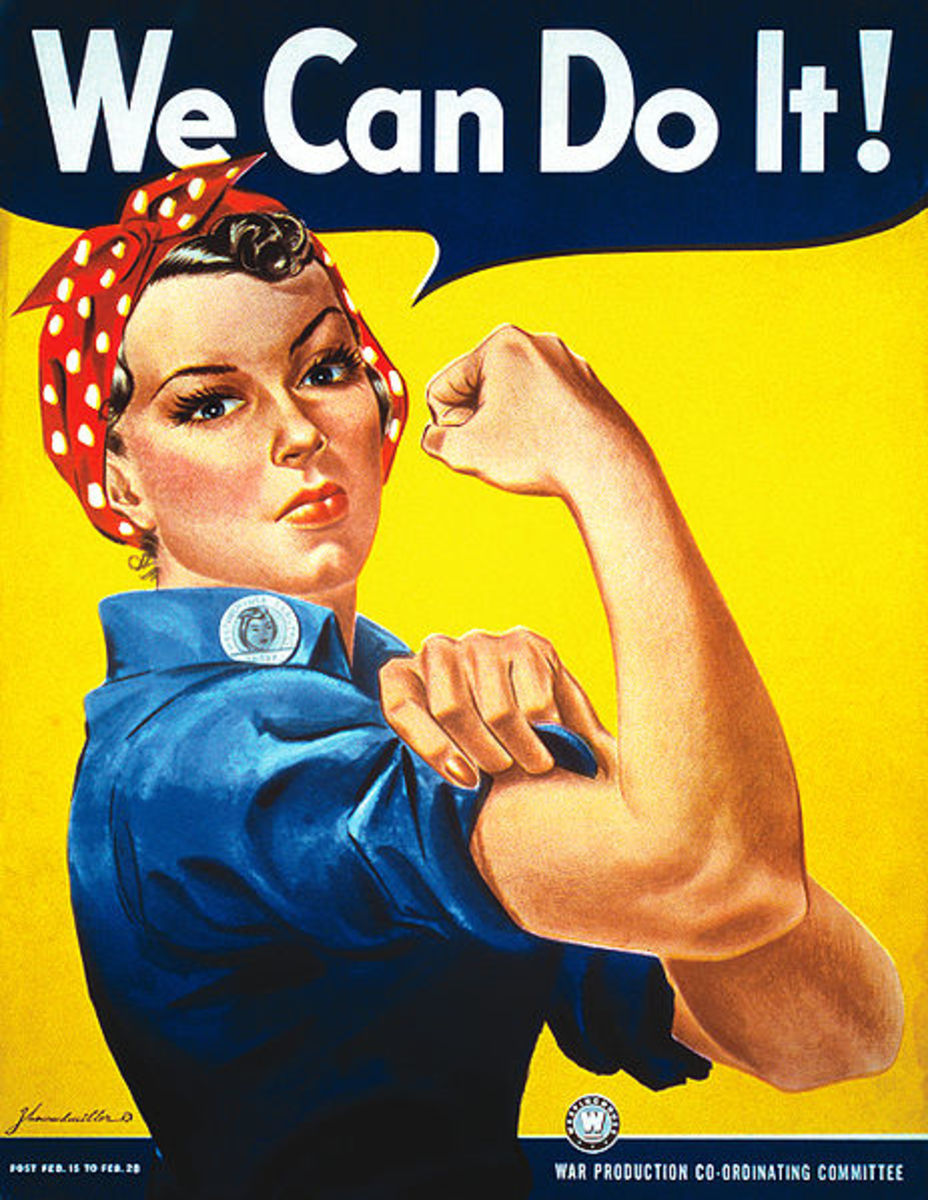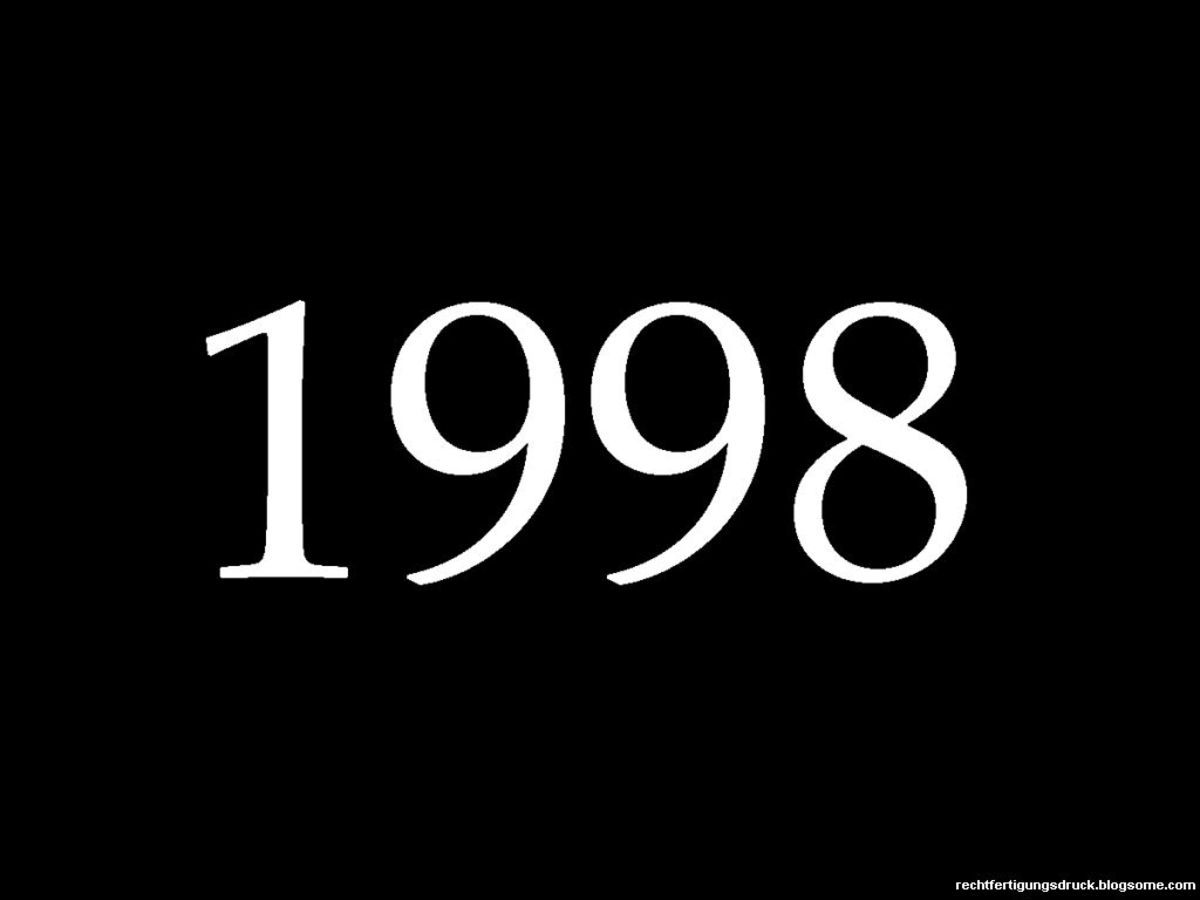- HubPages»
- Education and Science»
- History & Archaeology»
- History of the Modern Era»
- Twentieth Century History
Hitler and his rise to power
how important was the economy for Hitler's rise to power?
Hitler became Chancellor of Germany in January 1933 after years of struggle. His bid for power began in the 1920’s but he had to convince people that he had the solution to Germany’s problems. There were several factors which enabled him to rise to power such as propaganda, hatred of the treaty of Versailles, fear of communism, and weakness of the Weimar republic. Many would consider the most important factor in Hitler’s rise to power to be Germany’s economic position at the time.
The economic depression began in 1923 when Germany went through hyperinflation. This was mostly due to the treat of Versailles and the reparations clause which forced Germany to hand over 6.6million to the Allies. The German public struggles to make a living as prices were rising so quickly. Soon after this hyperinflation came the Wall Street crash in America in 1929. This only worsened the peoples problem of poverty and so Germany desperately wanted a leader to guide them through the devastation in which they had found themselves after the first world war. Thus, the economic depression was evidently the most important reason why Hitler was able to rise to power. People were seeking a new leader to save them from the depression and Hitler offered them exactly this. Hitler also offered the public somewhere to place the blame; the allies, the Jews etc. There was also the six million people who had become unemployed and these people wanted a leader who could ensure them jobs and more security which Hitler also offered. However, this alone would not have secured Hitler such a high status position in the Reichstag.
The National Socialist German Workers’ Party (NAZI) was one of many small parties unhappy with the conditions in Germany. Despite the small number of members in the Nazi party, support was attracted from the Erich Ludendorff; a Field Marshall and noted war hero. The Nazi party, lead by Hitler, was now in the position where they felt confident enough to attempt to seize power. Elements of the German Army and other conservative groups had promised to support Hitler in his attempts to seize power and so in November 923 Hitler and 3000 of his followers marched through the streets of Munich for the Munich Putsch. The support Hitler was promised though did not emerge and it took only 100 police to crush the revolt. For his leading role in the revolt Hitler was sentence to five years imprisonment but was released after only nine months. The shortness of the sentence revealed the right-wing sympathies of Weimar politicians. This was dangerous to the government as it meant that if a greater and stronger attempt was made to take power by a right-wing party such as the Nazi party that little could be done to quash it without public support to do so. The failure of the Munich Putsch proved to show Hitler that he would have to take the government legally and destroy the system from within; “We must hold our noses and enter the Reichstag”.
Hitler was charismatic and popular leading many to think that allying themselves with him would aid their own rise to power and popularity. Alfred Hugenburg led Nationalist groups and in 1930 he saw the Nazis’ as a possible route to power. This Hitler did not refute as Hugenburg was the owner of most of Germany’s new cinema industry and hundreds of local newspapers which Hitler saw as a propaganda opportunity. As a politician Hitler was the first to utilise new technology such as planes and cinema as methods and aids to putting across his party’s views. He used slogans to put across Nazi belief as he thought that repetition of a simple statement encourages people to believe it. The slogans were also things that Hitler knew the public wanted to hear and he spread them everywhere in newspapers, posters, and cinemas so as to make them unavoidable. Hitler was renowned for his public speaking and ability to provoke strong reactions from the mass crowds to which he spoke. He promised to make conditions in Germany better and placed blame on certain sectors of society and encouraged the hatred of the treaty of Versailles which is what the public wanted to hear and so make them more likely to vote for Hitler.
The Weimar government had been viewed as traitors and hated as leaders from the start. Once they had signed the treaty of Versailles and accepted full responsibility for starting the war, and thus all the consequences coming with this in the treaty, the German public disliked them and there was almost no way of reversing this opinion, especially in such an unstable economic environment. President Hindenburg was very old and, despite all the respect and authority, he was becoming senile. Other politicians abused this and used his authority to undermine the Weimar democracy. Weimar politicians naively thought they could use Hitler for their own ends and that in being associated with him they would be able to rise to power with him. His popularity became evident in July 932 when Nazi’s won 37% of the vote and 230 out of the 608 seats in the Reichstag. Von Papen and Von Schleicher were two of the most well known politicians willing to try to use Hitler’s popularity for their own achievements. Von Papen was even the very person who convinced President Hindenburg to appoint Hitler Chancellor believing that, as vice-chancellor, he would be able to control Hitler. In believing this Von Papen was making a vital error which proved to cause the downfall of the abused Weimar democracy. There was also Article 48 which enabled the leaders to act in ways beyond command from the Reichstag. In March 1933 the Reichstag passed the enabling act allowing the chancellor to issue laws which couldn’t be changed by the Reichstag in the hope of preserving stability in emergency situations. This act though was passed as the result of Hitler false promises and intimidation showing the corruption of Government at the time.
Public loathing of the Treaty of Versailles and of Communism also proved to be important factors in Hitler’s rise to power. The masses of Germany were united in their passionate, active hatred of the allies and the unfair treaty which had been imposed upon them. They felt strongly that the war had not been entirely their fault and despised the fact that they had to suffer the consequences. The public at the time were seeking a strong leader and to find this they tended to look towards the extreme views but the majority thought that it was better Hitler and Fascism than Communism which goes towards explaining why he won votes with such a large proportion.
There were evidently many factors which played important roles in Hitler achieving his position as leader of Germany. Economic factors were unequivocally one of the more important reasons. This was mostly due to people seeking an extreme party view to help them overcome the evident problems this caused which enabled Hitler to openly express his opinions without people thinking them too radical because the situation at the time was too bad for this to be taken into consideration. However, the poor economy alone would not have been enough to have rose Hitler to such a high status. Hitler’s personal achievements can be put down to his natural attributes as a good public speaker and his admirable use of propaganda to put his message across. His general charisma meant that people had faith and trust in him that he would help them rise over any problems they had. There was also the fact that he told people in such a dire situation in Germany at the time what they wanted to hear so they agreed with his views without much need for convincing. Overall though, all other factors would have been of little significance without the economy being in the state it was in at the time as few would have been as willing to listen to Hitler’s extremist views.


